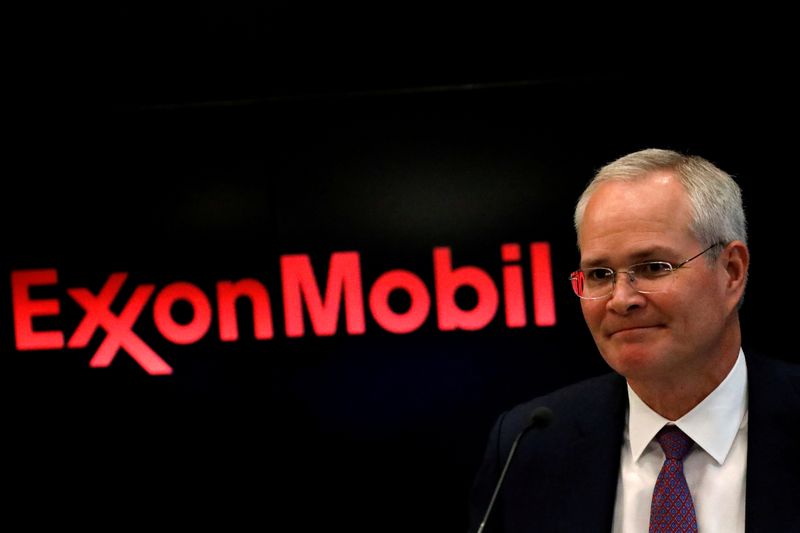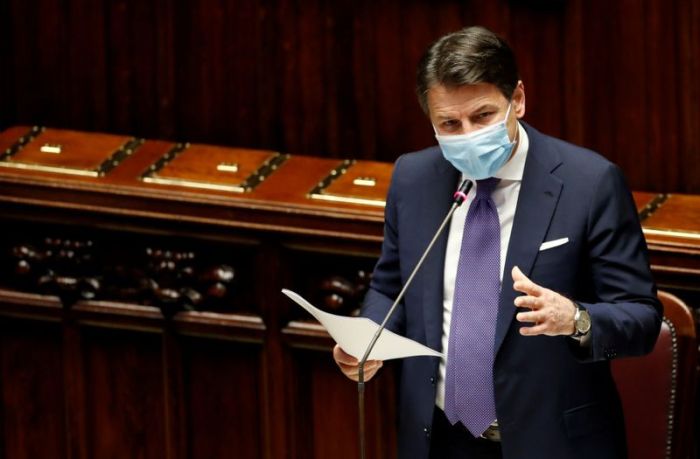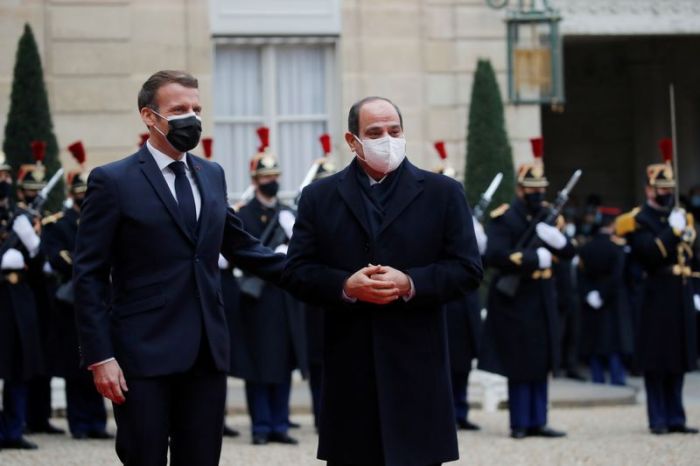(Reuters) -A new investment firm is taking aim at one of corporate America’s most iconic brands, pressing energy giant Exxon Mobil Corp to overhaul itself by focusing more on clean energy to improve its financial performance.
Engine No. 1 is being supported by pension fund California State Teachers’ Retirement System (CalSTRS) as it pushes the battered energy company, valued at $176 billion, to spend its cash better, preserve its dividend, and refresh its board.
“The industry and the world it operates in are changing and … Exxon Mobil must change as well,” Engine No. 1 wrote to Exxon’s board, adding “given the company’s long-running underperformance and the challenges it faces, it is time for shareholders to weigh in.”
Exxon is reviewing the hedge fund’s letter, an Exxon spokesman said.
The U.S. oil company this year reversed course on a massive oil and gas expansion program, cutting 30% from its spending plan and proposing a budget next year that is $4 billion to $7 billion below its outlays this year. It also plans to reduce its workforce by 14,000 people over the next two years as losses this year reached $2.37 billion.
Engine No. 1 faces a tough road. Exxon has beaten back past activist efforts to change its climate stance and to split the roles of chairman and chief executive.
But industry analysts also said the time may be right for traditional activists’ interest to overlap with climate activists’ interest and force Exxon to act. “There is a need for a fairly active reset right now,” said Andrew Logan, senior director of oil and gas at Ceres, a non profit organization that works with institutional investors and companies. “Everyone starts at the bottom of the hill with Exxon but Engine No. 1’s director nominees is not a list of flaky people.”
The activist investment firm, launched last week by two hedge fund industry veterans, said it plans to nominate four directors to Exxon’s 10-person board who have expertise in clean technology and running energy companies: Gregory Goff, Kaisa Hietala, Alexander Karsner, and Anders Runevad.
“Exxon’s refusal to adequately address climate risk is of serious concern to many shareholders and is a sign of significant governance issues. The company’s board needs overhauling. We’re looking forward to reviewing the slate of new directors,” said New York State Comptroller Thomas P. DiNapoli, whose fund owns a roughly $300 million stake, according to Refinitiv data.
Besides pushing Exxon to add new directors with more relevant energy industry experience to the board, the investment firm also wants Exxon to cut costs on projects that are unlikely to earn money, create a better plan for success in the renewable energy sector and to overhaul management compensation to better align with shareholder value creation, the letter said.
Exxon has long faced investor pressure to reduce greenhouse gas emissions but this is the first time an activist firm is mounting a proxy contest that could resonate with both institutional investors concerned about the company’s direction and retail investors worried about dividends, analysts said.
This was the first year since 1982 that Exxon has not raised its dividend and its share price has tumbled 41% in 52 weeks. Its $15 billion a year dividend should be cut because it drains cash that could restructure the business, some analysts said.
Engine No. 1 is run by Chris James, best known for technology investing but who also has considerable energy investment experience, and Charles Penner, who led activist investment firm Jana Partner’s campaign against iPhone maker Apple to let parents limit children’s phone in 2018.
Engine No. 1 owns roughly $40 million worth of stock in Exxon, according to a person familiar with the investment, while CalSTRS owns roughly $334 million, according to Refinitiv data.The campaign’s success will depend largely on how Vanguard Group, BlackRock and State Street, the country’s biggest index funds that are also Exxon’s top three shareholders, react.
BlackRock and State Street are members of Climate Action 100+, an investor group pressing the largest greenhouse gas emitters to act on climate change. BlackRock this year pressured Exxon by voting against two directors and voting to split the chairman and CEO roles on the board, but the push failed.
Exxon shares fell 1.9% to $40.88 in afternoon trading.
(Reporting by Svea Herbst-Bayliss in Boston, Gary McWilliams in Houston and Arunima Kumar in Bengaluru; Editing by Krishna Chandra Eluri, Marguerita Choy and David Gregorio)
























